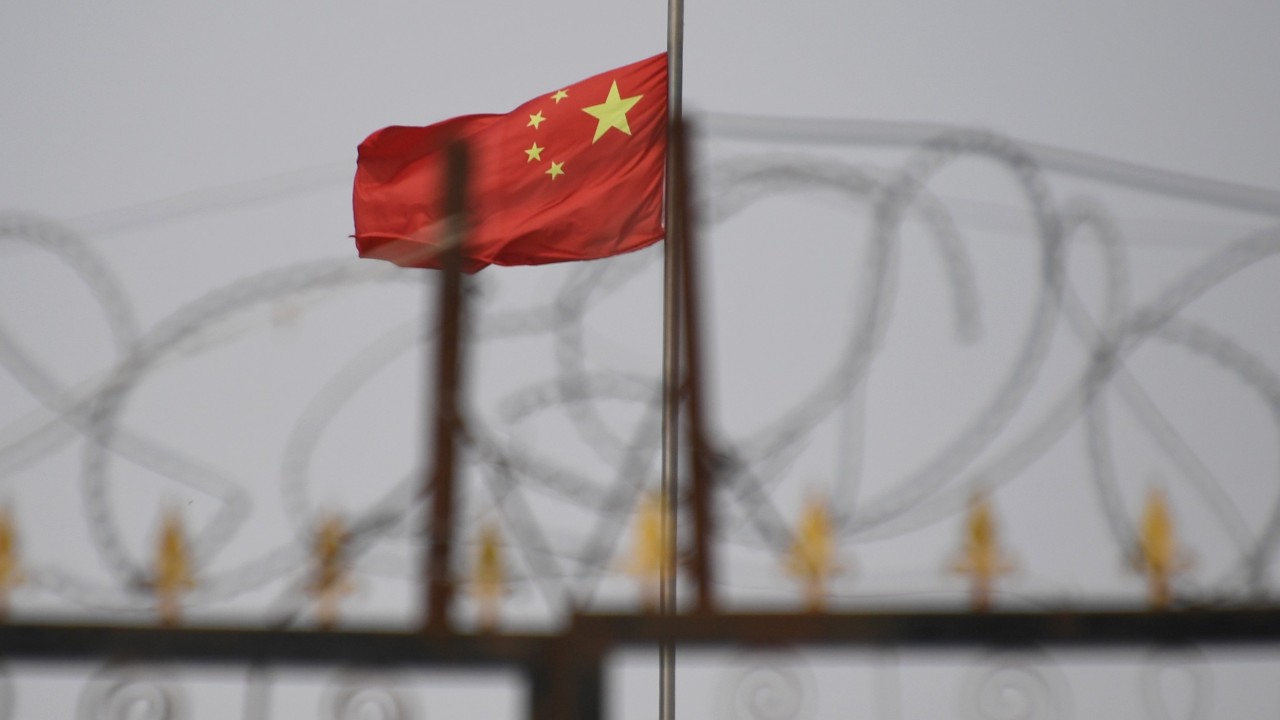
The newly named companies – Cofco Sugar, Jingweida Technology and Xinya New Materials – are based in different regions of China, but each has been accused by the department of recruiting, transferring and exploiting persecuted minorities.
Officials from Xinjiang-based Cofco Sugar visited several homes of persecuted minorities in a village to recruit Uygurs to work at one of its plants, according to the department.
Jingweida Technology, specialising in the manufacture of electrical converters, power supplies, capacitors and chargers for electric batteries, is alleged to have engaged in poverty alleviation programmes believed to be part of an overall forced labour strategy.
Anhui-based textile company Xinya New Materials is also said to be working “with an established government-sponsored labour transfer programme”.
“We will continue to pursue companies that ignore the law and exploit those abused in the People’s Republic of China,” said Mayorkas.
The Chinese embassy in Washington could not immediately be reached for comment.
Will China’s Xinjiang cotton output get a boost from Western satellites?
Will China’s Xinjiang cotton output get a boost from Western satellites?
The alleged crimes include mass surveillance, arbitrary detention, torture, rape, sterilisation and forced labour. Amnesty International last month reported that more than 1 million people had been detained in internment camps across Xinjiang since 2017.
Following Friday’s announcement, the UFLPA entity list now totals 30 companies.
Signed into law in 2021, the law prohibits the American-bound import of goods produced in Xinjiang or by companies on the entity list unless the US Customs and Border Protection commissioner can provide “clear and convincing evidence that the goods were not produced using forced labour”.
State Council’s free-trade plans for Xinjiang look to sharpen geopolitical edge
State Council’s free-trade plans for Xinjiang look to sharpen geopolitical edge
In response to the alleged abuses, the US has imposed sanctions on several Chinese officials and entities as well as banned the import of certain products from Xinjiang that were determined to have been produced using forced labour.
Washington has also told businesses and importing communities of the risks posed by China-sponsored forced labour and other alleged human rights abuses in Xinjiang.
As a result of the Uygur Forced Labour Protection Act, US Customs and Border Protection since June last year has inspected more than 6,000 shipments worth over US$2 billion.

